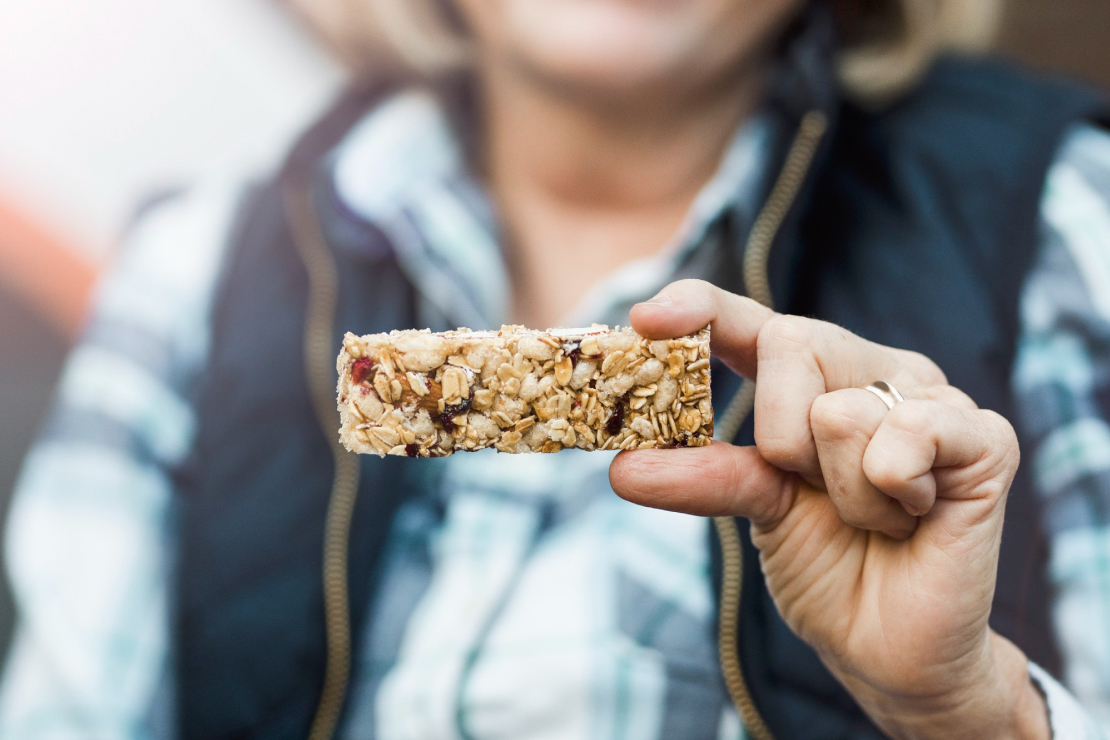Complete Guide to Plant-Based Protein Sources
Discover the best plant-based protein sources and learn how to incorporate them into your daily diet for optimal nutrition and muscle maintenance.

Table of Content
Introduction to Plant-Based Proteins
As more people embrace plant-based diets, understanding how to get adequate protein becomes increasingly important. Whether you're a vegetarian, vegan, or simply looking to reduce your meat consumption, there are numerous excellent plant-based protein sources available.
Top Plant-Based Protein Sources
1. Legumes
Legumes are powerhouse protein sources that also provide fiber and essential minerals:
- Lentils (18g protein per cup)
- Chickpeas (15g protein per cup)
- Black beans (15g protein per cup)
- Kidney beans (13g protein per cup)
2. Soy Products
Soy-based foods are complete proteins, containing all essential amino acids:
- Tempeh (31g protein per cup)
- Tofu (20g protein per cup)
- Edamame (17g protein per cup)
How to Incorporate Plant Proteins
Adding plant-based proteins to your diet doesn't have to be complicated. Here are some practical tips:
- Start your day with a smoothie containing plant-based protein powder
- Add legumes to your salads and soups
- Use tofu or tempeh as meat substitutes in stir-fries
- Snack on nuts and seeds throughout the day
"The key to getting enough protein on a plant-based diet is variety. Mix and match different sources throughout the day to ensure you're getting all essential amino acids."
Meal Planning Tips
When planning your meals, aim to include at least one quality plant-based protein source in each meal. Here's a sample day:
- Breakfast: Oatmeal with nuts and seeds
- Lunch: Buddha bowl with quinoa, chickpeas, and vegetables
- Dinner: Stir-fried tempeh with brown rice and vegetables
- Snacks: Hummus with vegetables, trail mix
Tracking Plant-Based Protein Intake
Understanding your protein needs and tracking intake is crucial for plant-based diets:
- Use macro tracking apps to monitor daily protein intake
- Aim for complete protein combinations in meals
- Track protein per meal for optimal absorption
- Monitor progress with body measurement tracking
- Adjust intake based on activity level and goals
Restaurant and Fast Food Options
Many popular restaurants now offer plant-based protein options:
- Chipotle's sofritas and black beans (high protein bowl options)
- Taco Bell's black beans and refried beans (customize for protein)
- Panera's Mediterranean veggie sandwich and protein-rich salads
- Starbucks' protein boxes with nuts and legumes
- Local restaurants with tofu, tempeh, and seitan options
High-Protein Plant-Based Foods
Seitan leads the pack in plant-based protein content, delivering an impressive 75g of protein per 100g serving with only 370 calories. This wheat-based protein source has a meaty texture that makes it perfect for replacing traditional protein sources in recipes. Its versatility in cooking methods - from grilling to stir-frying - makes it a valuable addition to any plant-based meal plan.
Tempeh, a fermented soybean product, offers 31g of protein per cup (320 calories). Beyond its protein content, tempeh provides probiotics that support gut health and enhance nutrient absorption. Its firm texture and ability to absorb flavors make it an excellent choice for marinades and grilling.
Edamame and lentils represent excellent protein sources with balanced nutrition profiles. Edamame provides 17g of protein per cup (180 calories), while lentils offer 18g of protein per cup (230 calories). Both options come packed with fiber, minerals, and antioxidants, making them nutritional powerhouses for plant-based diets.
Protein-Rich Nuts and Seeds
Incorporate these nutrient-dense options into your diet:
- Almonds (6g protein per oz, highest protein nuts)
- Pumpkin seeds (9g protein per oz)
- Chia seeds (4g protein per oz, high in omega-3)
- Pistachios (6g protein per oz)
- Walnuts (4g protein per oz, brain-healthy fats)
Optimal Protein-Rich Nuts and Seeds
Almonds stand out among nuts with 6g of protein per ounce, earning their reputation as one of the highest protein nuts available. They also provide healthy fats, fiber, and vitamin E, making them an excellent choice for snacking or adding to meals. Their versatility allows them to be used in everything from smoothies to baked goods.
Pumpkin seeds lead the seed category with an impressive 9g of protein per ounce. These nutrient-dense seeds also provide significant amounts of zinc and magnesium, minerals often lacking in plant-based diets. Their crunchy texture makes them perfect for salad toppings or as part of a trail mix.
Chia seeds, while containing 4g of protein per ounce, offer additional benefits through their high omega-3 content and fiber. Their unique ability to absorb liquid makes them perfect for creating puddings and adding to smoothies, while their neutral taste allows for versatile use in recipes.
Weight Management with Plant Proteins
Successful weight management on a plant-based diet requires strategic protein planning. Modern tracking apps help monitor your daily protein intake while ensuring you're meeting all nutritional requirements. These tools can identify potential deficiencies and suggest plant-based foods to fill any gaps in your nutrition plan.
Portion control becomes crucial when dealing with calorie-dense plant proteins like nuts and seeds. While these foods are nutritious, their high calorie content means they should be measured carefully. Using a food scale and tracking app helps maintain the right balance between protein intake and calorie goals.
Regular monitoring of body composition, rather than just weight, helps ensure you're maintaining muscle mass while following a plant-based diet. This approach, combined with proper protein timing throughout the day, optimizes both weight management and muscle preservation.
Plant Protein Optimization Strategies
The optimal protein intake per meal varies based on your body weight and activity level, but most research suggests aiming for 20-30g of protein per meal for muscle maintenance and growth. This can be achieved through thoughtful combinations of plant proteins - for example, pairing rice with beans or quinoa with lentils.
Building muscle on plant protein is entirely possible with proper planning. The key lies in consuming complete protein sources or combining complementary proteins throughout the day. Timing your protein intake around workouts, particularly within the post-exercise window, helps maximize muscle protein synthesis.
For weight loss goals, focus on plant proteins that offer the highest protein-to-calorie ratio. Legumes, seitan, and tempeh excel in this category, providing substantial protein with moderate calories. These options help maintain satiety while supporting your weight loss efforts.
Common Plant Protein Questions
Addressing frequent concerns about plant-based protein:
- How much protein per meal is optimal?
- Can you build muscle on plant protein?
- Best protein sources for weight loss
- Combining proteins for complete amino acids
- Protein timing for muscle maintenance
Meal Timing and Protein Optimization
Maximize protein absorption and muscle maintenance with proper timing:
- Space protein intake throughout the day
- Include protein-rich foods in post-workout meals
- Combine different protein sources for complete amino acid profiles
- Consider protein supplements when needed
- Track macros to ensure adequate daily intake
Conclusion
Plant-based proteins are not only nutritious but also environmentally sustainable. With proper planning and variety in your diet, you can easily meet your protein needs while enjoying delicious, plant-based meals. Remember to consult with a healthcare provider or registered dietitian when making significant changes to your diet.
Start Your Health Journey Today
Download Macro Tracking AI and take control of your nutrition with the power of artificial intelligence.
Download on App Store

